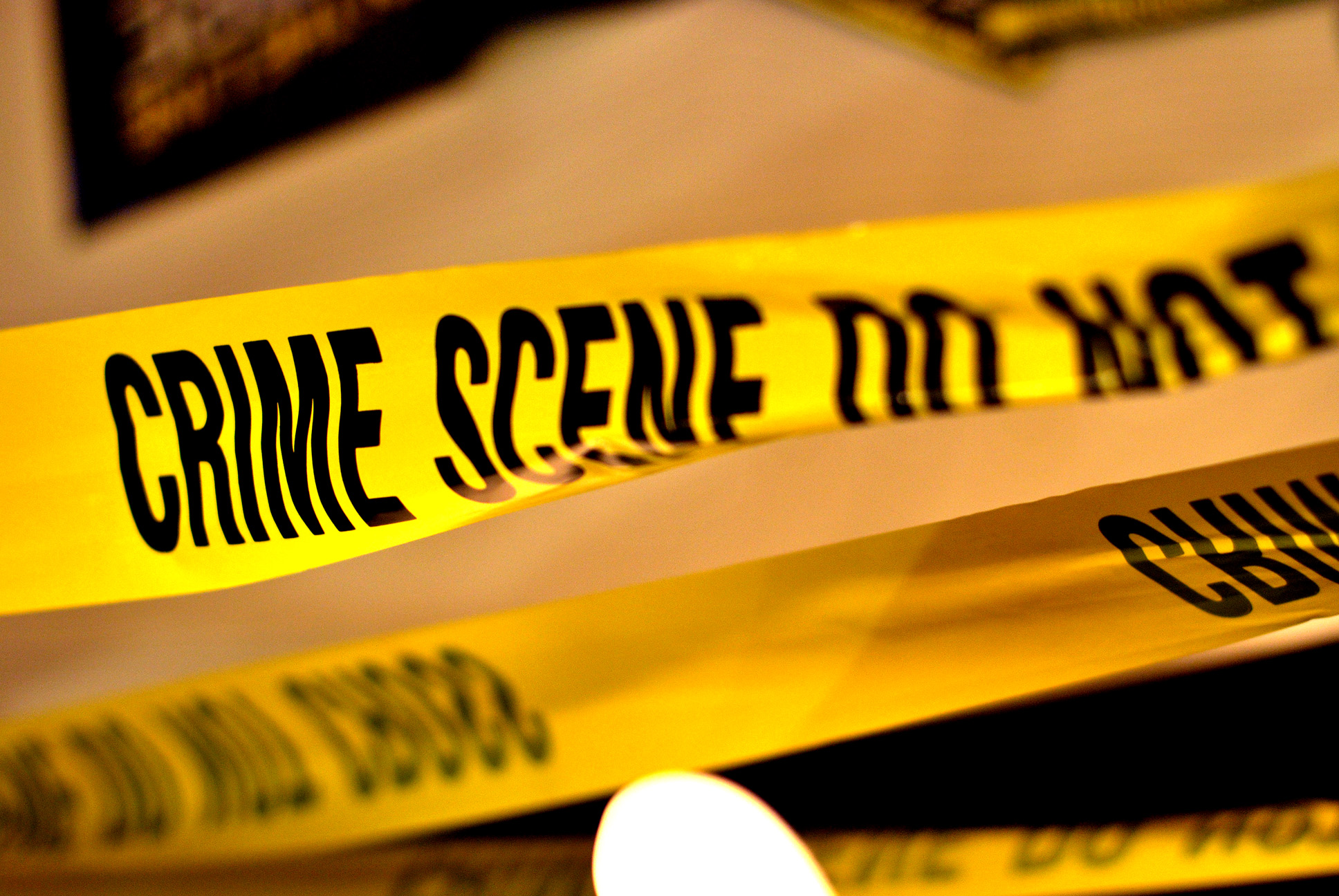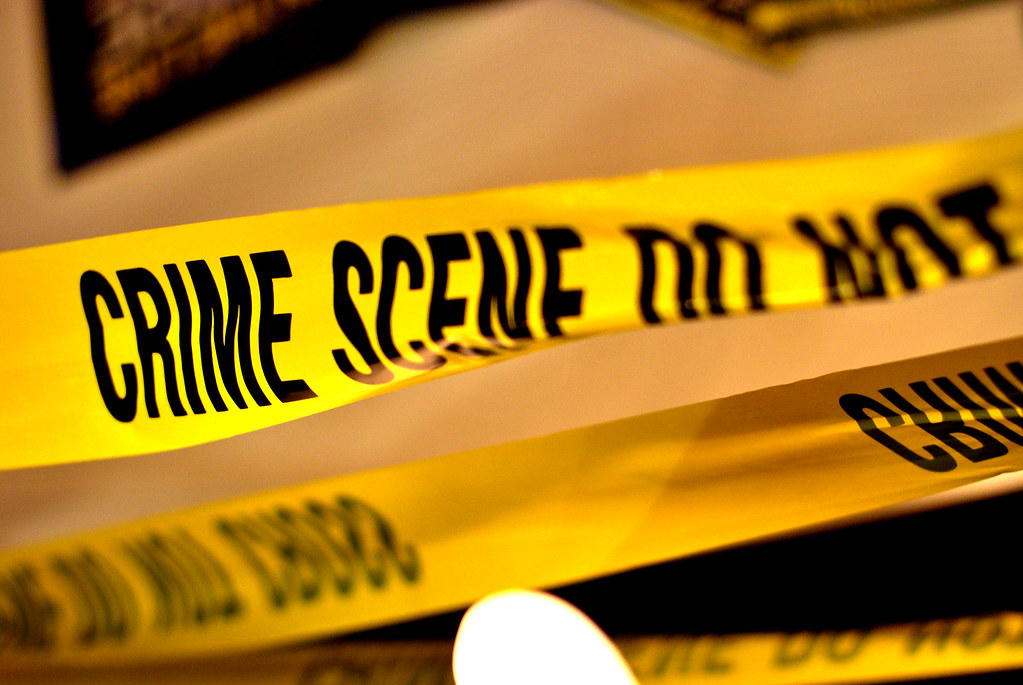The “CSI Effect”: Fact or Fiction?

By Annika Carter
We have all heard of those crime-fighting television shows. In fact, many of us have watched programs such as CSI, Bones, Law and Order, 48 Hours: Hard Evidence, or Criminal Minds. Studies suggest that more than 40 million Americans watch shows such as CSI each week. What viewers might not ponder is how much television crime dramas can alter perceptions of crime scene investigation in real life.
Humans view the world through a bias created by past experiences and relationships. Among these influences are friends and family, careers, and television programs. Anthony Zuiker, creator of CSI, which is considered the most popular crime drama on TV today, told NPR reporters, “[My] job is to make good television first and foremost. And so we have to, quote, ‘sex it up.’ I think Americans know that DNA doesn’t come back in twenty minutes. I think Americans know that there’s not some magical computer that you press and the guy’s face pops up and where he lives.” Well, Americans are far from stupid, but debate has been raging over what has become known as the “CSI Effect,” which claims that watching shows such as CSI can alter juror’s judgments of criminal proceedings and, especially, forensic evidence.
Among the myths and misconceptions crime dramas are believed to foster in jurors is a belief in the infallibility of forensic science. The detectives and scientists depicted in the programs never question the reliability of the scientific evidence collected. The concept of possible degradation or contamination of evidence found at a week-old crime scene is never broached, and processing of evidence is almost instantaneous. In reality, evidence is often too degraded to use reliably in experiments in the lab, and there is a backlog of 200,000 – 300,000 DNA samples across the United States’ labs, with waits up to six to eight months for processing to be complete.

Photo credit: [puamelia] / Foter / CC BY-SA
On TV, the daily life of a forensic scientist is glorified. Flashy cars sit parked outside luxurious laboratories, in which a team of forensic scientists work hand-in-hand with each other and the detectives, analyzing information and performing procedures of all kinds on the bodies. Maybe this is wishful thinking on the part of the television producers. A true forensic scientist does not interfere with interviews or interrogations and does not travel to crime scenes. He also works in a very specific field, such as a forensic pathologist who specializes in tissues, or a forensic odontologist, who specializes in teeth. So what is the effect of this sensationalism in crime shows? People believe that there are a greater number of serious crimes occurring such as murder and homicide and that the role of a forensic scientist is larger than it actually is, but is there any serious effects of these crime dramas?
This is where the CSI Effect comes into play. In recent years, a theory has developed regarding the effect of CSI and other crime programs on the juries in the United States. Defense attorneys claim that jurors have begun to believe scientific forensic evidence as unrivaled, even by the eyewitness testimonies and circumstantial evidence that used to reign supreme. Prosecutors argue that jurors now expect them to provide every scrap of evidence associated with the case in order to indict the defendant.
Gregg Barak, Ph.D., and Young Kim, Ph.D., disagree. The two criminology professors from Eastern Michigan University conducted a study contending the common belief regarding the CSI effect. Barak and Kim interviewed 1,027 random jurors prior to serving in court. They first surveyed their television watching habits, asking how often and what programs they watched. Then, Barak and Kim presented seven varying case types along with four different types of evidence, and asked the jurors how they would find the defendant depending on the evidence in the specific case. The results were surprising. Although CSI viewers generally had higher expectations – presumably because they are better informed – there was no correlation between the TV shows watched and the expectation for scientific forensic evidence. Since only 4 of the 13 scenarios showed a significant difference between jurors depending on their television habits, the data was, overall, inconsistent. Barak and Kim concluded that the CSI Effect was too simplistic. The sole act of viewing shows like CSI do not alter jurors’ perceptions of crime scene data.
Despite Barak and Kim’s findings, there is obviously a change in the dynamics of how the public views the courtroom and criminal evidence. To account for the differences in juror opinion, attorneys are changing how they present information, including “negative evidence” to prove that forensics may not always be correct and are using more and more expert witnesses in the absence of scientific evidence, and governments are becoming increasingly more careful in selecting jurors
There is no doubt that the increase in forensic medicine in courtrooms has decreased wrongful convictions and expedited the investigation process in some cases, but television crime dramas have lead to flawed expectations in the minds of jurors. With the rise in viewership of these crime scene investigation programs, the general public has begun to place more and more faith in scientific data in criminal convictions and these misconceptions place increasing stress on the delicate balance of the United States legal system. True, scientific evidence can seem pretty convincing, but jurors should not discount circumstantial evidence and witness accounts. It is time that jurors think before they convict — without the influence of pop culture.
